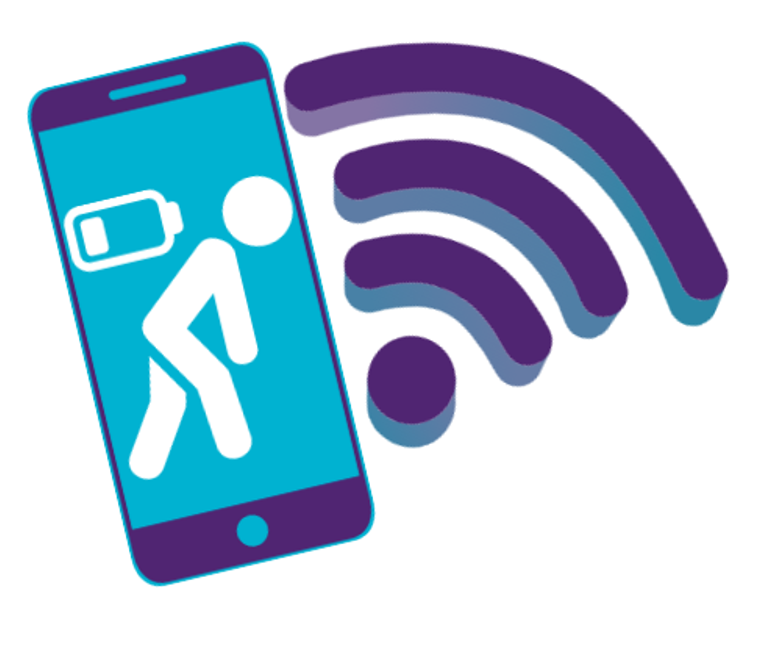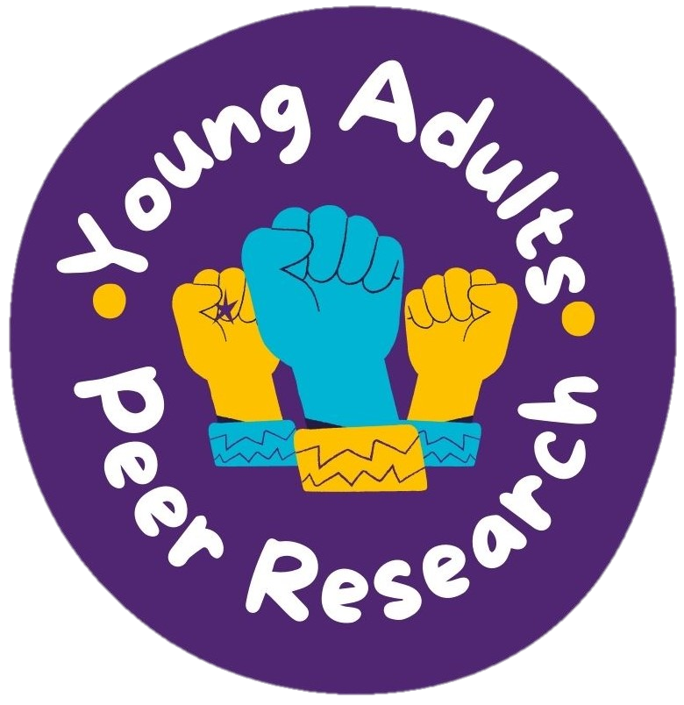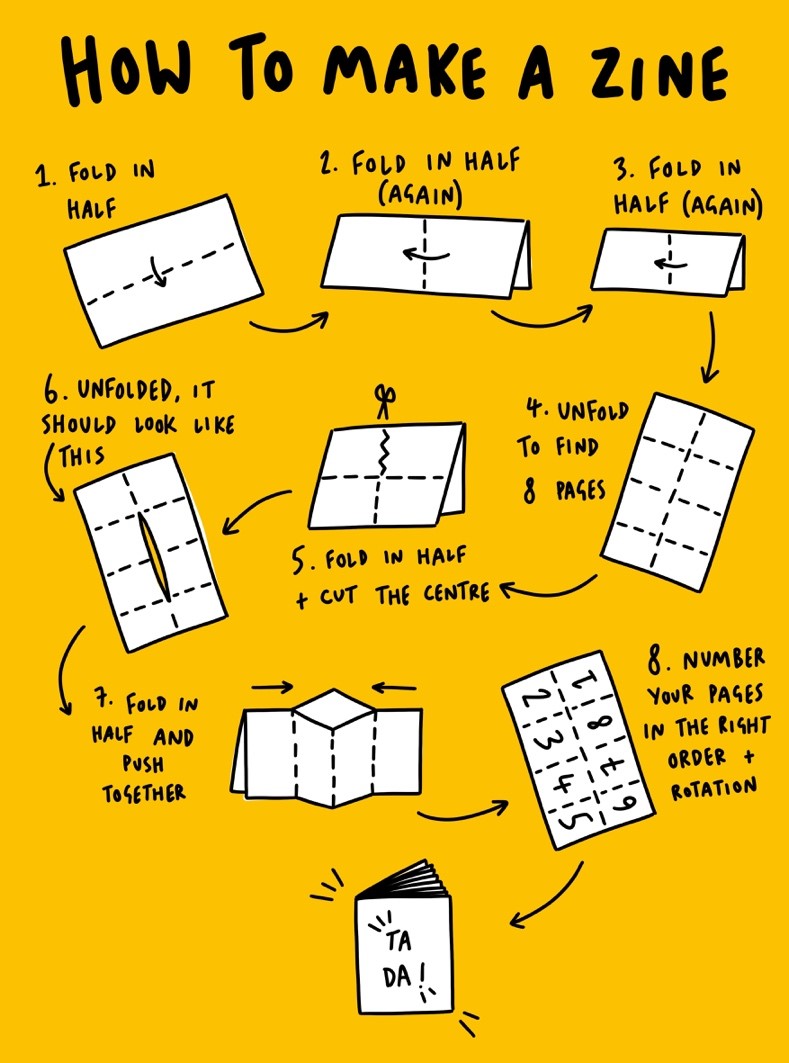Support for suicidal thoughts
Reading time: 6-8 minutes
This page deals with the topic of suicide.
Suicidal thoughts may arise if you’re feeling extremely low and can’t imagine ever getting out of that negative headspace. You might be thinking about ending your life or believe that the world would be better off without you in it. These thoughts may leave you feeling scared, confused or helpless.
Experiencing suicidal thoughts
Suicidal thoughts appear differently for different people. They may:
- Be fleeting or constant
- Be abstract (notions or ideas about what it would be like not to be here) or specific (thinking about how you would end your life)
- Occur at certain times, maybe around difficult times of the year or after certain situations
- Be intentional, such as creating a plan to take your own life
- Wishing you weren’t alive but not having plans to take your life
It might seem like you’ll never escape what’s going on in your mind, or that suicide is the only way out. However, there’s always hope – it is possible to get past these feelings and find joy in life again. Even if that seems a really distant possibility at the moment the support is out there to get you to that point.
Remember that if you’re ever feeling desperate or think that you might hurt yourself, you can visit any A+E for immediate support. You can also call a helpline and talk to someone – Samaritans has a free 24/7 number you can call on 116 123. Visit our support page for more helplines and support services.
What might help?
When you’re experiencing these thoughts, it might feel extremely difficult to imagine moving past them. If you can, try to remind yourself that these feelings are only temporary, even if they don’t feel like it right now. There is help available and there are people and services there to offer support if you need.
If you need help urgently:
Call 999 or visit A+E. If you feel like you might hurt yourself now, don’t hesitate to call an ambulance or go to A+E. Just like any other medical emergency, your life is at risk and you deserve immediate help.
Let someone know. It might be a good idea to call someone to let them know that you’re thinking about harming yourself. This can be a family member, friend or a helpline like Samaritans, which you can call on 116 123. Talking to someone can help you get through the next few minutes or hours and may help to calm you down.
Use tools to cope. If you’re feeling completely overwhelmed and unable to cope, Mind has a list of things that can help you right now. These include tips for calming yourself down, experiences from other people who have been through similar things, and suggestions for further support.
Distract yourself. Focus on getting through the next few minutes by distracting yourself. This doesn’t need to be an involved activity; it could be focusing on the sensations that you’re experiencing in the moment, scribbling down what you’re feeling, or standing outside. You could also try the 4-7-8 breathing technique by inhaling for 4 seconds, holding for 7, and exhaling for 8. This visualisation might help with this.
Try writing down the things that you’re grateful for. Again, these don’t have to be big – think about a series that you’re watching, a place that you visit often, or your favourite food.
For help at other times:
Talk to someone. Let someone know what’s going on in your mind. You may feel hesitant to do this for a number of reasons – perhaps you think that they’ll dismiss your feelings or that you don’t deserve their concern (you do!). Usually though, the person you tell will just want to help. It might feel very daunting, but opening up is a big step towards getting the support you need. If you don’t feel like you can talk to those close to you, you can chat to someone over a helpline or online messenger service. We’ve included a few in our Support section below.
See a GP. Talking to a doctor about your suicidal thoughts can be very helpful. They’ll listen to how you’re feeling and may refer you to other therapy or specialist mental health services. They might also discuss different medications with you, which could help with your mood.
Join a support group. When suicidal thoughts begin flooding your brain, it might feel like you’re the only one going through something like this. Talking to people with shared experiences can help you feel less alone and you may learn some new ways of coping that have been successful for others. Your GP may be able to suggest some support groups to you, and we’ve included a couple in our Support section below.
Take it one day at a time. Thinking about the future may feel very overwhelming, so try to focus on the present instead. Doing things that bring you a sense of calm or enjoyment in the moment (and not getting too caught up in thinking about the days ahead) can make things feel a bit more manageable.
- Be kind to yourself. This can feel tricky, especially if your self-esteem is particularly low right now. However, try to treat yourself the same way that you’d treat a friend if they were in your position.
You could write down all of the things that you like about yourself (or that other people have said they like about you), as well as your achievements in life. You could also dedicate some time to doing things that would normally bring you peace or happiness, such as watching a film with a pizza, having a bath, or doing some drawing.
Where to go for more support
- Remember that if you’re ever feeling desperate or think that you might hurt yourself, you can visit any A+E for immediate support.
- Call Samaritans on 116 123 if things are getting too much for you or you’d just like to talk to someone. You can also send them an email at jo@samaritans.org.
- Papyrus UK provides support, resources and advice to young people who are thinking about suicide, or anyone who’s worried about a young person who might be having suicidal thoughts. Their confidential service HOPELINEUK runs from 9am-midnight every day - you can call 0800 068 4141, text 07860 039 967, or email pat@papyrus-uk.org.
- The Campaign Against Living Miserably (CALM) focuses particularly on preventing male suicide in the UK, but provides support to anyone who is experiencing suicidal thoughts or knows someone who is. You can call their helpline on 0800 58 58 58 or use their webchat service (every day from 5pm-midnight).
- Childline has a page about suicidal feelings, which covers things like ways to cope and how to help a friend who is suicidal. If things are getting too much for you, you can also call their helpline on 0800 1111.
- Mind has lots of information and advice for anyone who’s having suicidal thoughts or knows someone who is. They also have an online support community called Side by Side, which provides a safe space to share your own experiences and listen to those of other people.
- Rethink Mental Illness offers a lot more suggestions on how you can cope and find support. They also run their own support groups, which give people who are struggling with mental illness the opportunity to talk about their experiences in a non-judgmental environment.
- MindOut is an LGBTQ mental health service which offers advice, online support and counselling.
- Shout is a free 24/7 text messaging service for anyone who feels unable to cope. If you’d like to speak to someone, text 85258.
- Download the Stay Alive app and use it whenever you experience thoughts of suicide. It has loads of useful resources, a safety plan, quick links to support helplines and more.
- Love Island contestant Dr Alex George recently opened up about the suicide of his younger brother. He’s currently doing a lot of work to bring more awareness to mental health and the importance of telling someone how you’re feeling
By: Ruby Guyler
Other articles could also be interested in:










































































